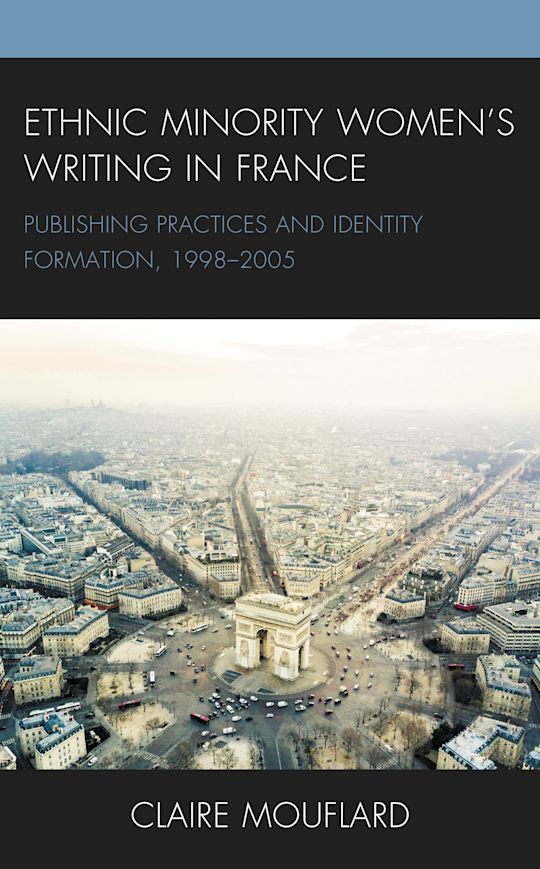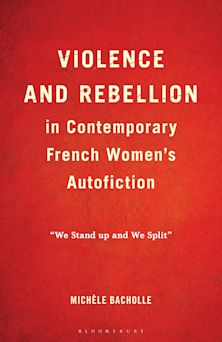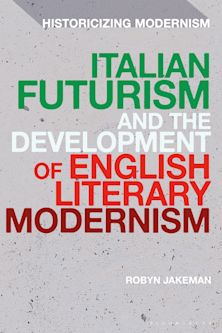Ethnic Minority Women’s Writing in France
Publishing Practices and Identity Formation, 1998–2005
Ethnic Minority Women’s Writing in France
Publishing Practices and Identity Formation, 1998–2005
Description
In Ethnic Minority Women’s Writing in France, Mouflard argues that the identity politics surrounding the immigration discourse of early twenty-first century France were reflected in the marketing and editing practices of the Metropole’s key publishers, specifically with regards to non-white French women’s literature. Echoing the utopic “Black-Blanc-Beur” model of integration which surfaced during the 1998 soccer World Cup, select publishers fashioned unofficial literary categories based on neocolonial racial and gender stereotypes, either lauding integrated “Beur” authors or exploiting “Black” political dissenters. Concurrently, metropolitan women writers in their autobiographies, autofictions, and manifestoes, problematized notions of French multiculturalism and literary hierarchies, thereby exposing the dangers of utopian thinking. Mouflard ultimately reveals that the absence of the Franco-Vietnamese identity from the “Black-Blanc-Beur” paradigm enabled authors of Southeastern Asian origin to establish themselves outside of the era’s reductive multicultural utopia, within a realm directly adjacent to littérature française, if not in a newly-designed, truly multicultural French literature category. Overall, Mouflard’s research highlights the discrepancies between France’s official discourse on immigration, and the actual identity formation processes created by the institutions and exploited by influential publishers, in the years leading to the historic 2005 banlieue civil unrest.
Table of Contents
Chapter 1: Utopia, Paratexts, and Publishers
Chapter 2: “Beur,” “Banlieue Victims,” and “Intégrées:” Samira Bellil, Nina Bouraoui, Nora Hamdi
Chapter 3: “Black,” “Afro-French,” and “Évoluées:” Calixthe Beyala, Bessora, Fatou Diome
Chapter 4: Franco-Vietnamese Literature: The Unspoken Making of Anna Moï and Linda Lê
Conclusion: Beyond “Black-Blanc-Beur:” Negotiating Labels and “littérature-monde”
Product details
| Published | Nov 17 2020 |
|---|---|
| Format | Ebook (Epub & Mobi) |
| Edition | 1st |
| Extent | 192 |
| ISBN | 9781498587303 |
| Imprint | Lexington Books |
| Illustrations | 8 b/w photos; |
| Series | After the Empire: The Francophone World and Postcolonial France |
| Publisher | Bloomsbury Publishing |
Reviews

ONLINE RESOURCES
Bloomsbury Collections
This book is available on Bloomsbury Collections where your library has access.



































